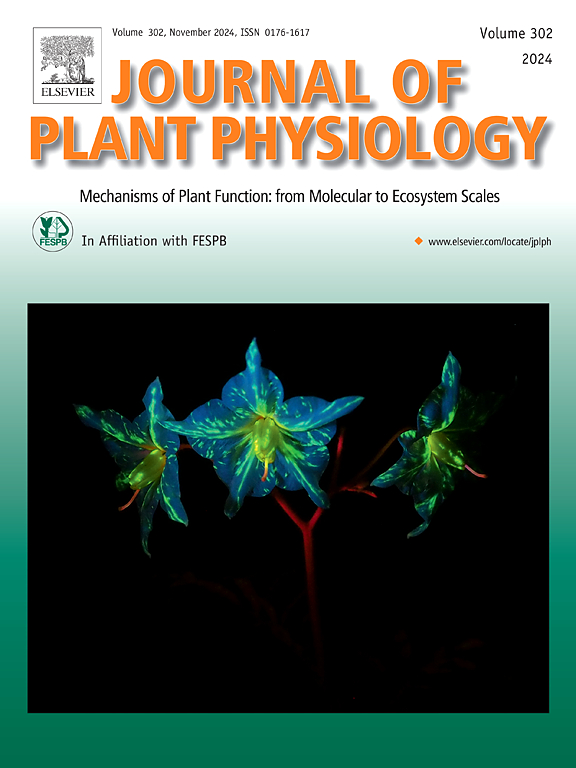Comprehensive evaluation of phosphate deficiency tolerance in common vetch germplasms and the adaption mechanism to phosphate deficiency
Abstract
Common vetch (Vicia sativa L.) is widely planted as forage, green manure and food. Phosphate (Pi) deficiency is an important constraint for legume crop production. In this study, P-deficiency tolerance in 40 common vetch collections was evaluated under hydroponic condition. The collections were clustered into three groups based on the tolerance level. Physiological responses to P-deficiency in two tolerant collections (418 and 426) in comparison with one sensitive collection (415) were investigated. Greater growth inhibition was observed in sensitive collection compared with two tolerant collections, although the inorganic phosphorus (P) content in sensitive collection was higher than those in tolerant collections. The internal and external purple acid phosphatase activity in plants showed no significant difference between 418 and 415 under low phosphate condition. Transcriptomic analysis in the tolerant collection 426 in response to Pi starvation showed that many common adaptive strategies were applied and PHOSPHATE STARVATION RESPONSE (PHR)-related Pi signaling and transporter genes were altered. VsPHT1.2 had the highest expression level in root among all VsPHT1s, and it was remarkably upregulated after short time of P-deficiency treatment in tolerant collections compared with sensitive collection. In conclusion, common vetch response to P starvation by altering the expressions of core genes involved in Pi transport and signaling, and the elevated expression of VsPHT1.2 gene might contribute to higher Pi acquisition efficiency in P-deficiency tolerant collections.

 求助内容:
求助内容: 应助结果提醒方式:
应助结果提醒方式:


